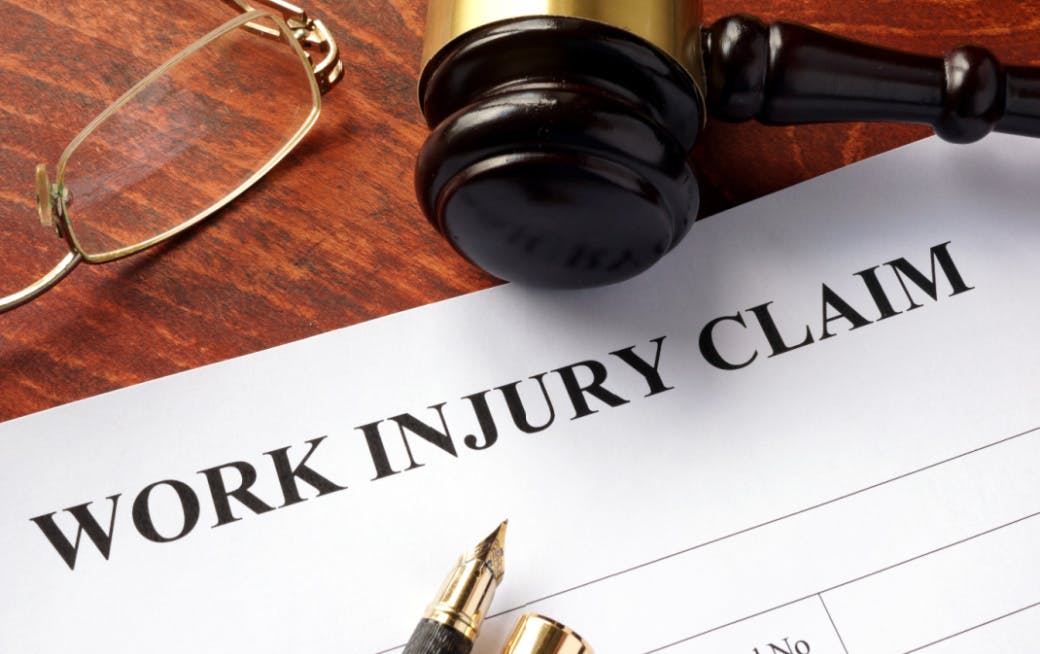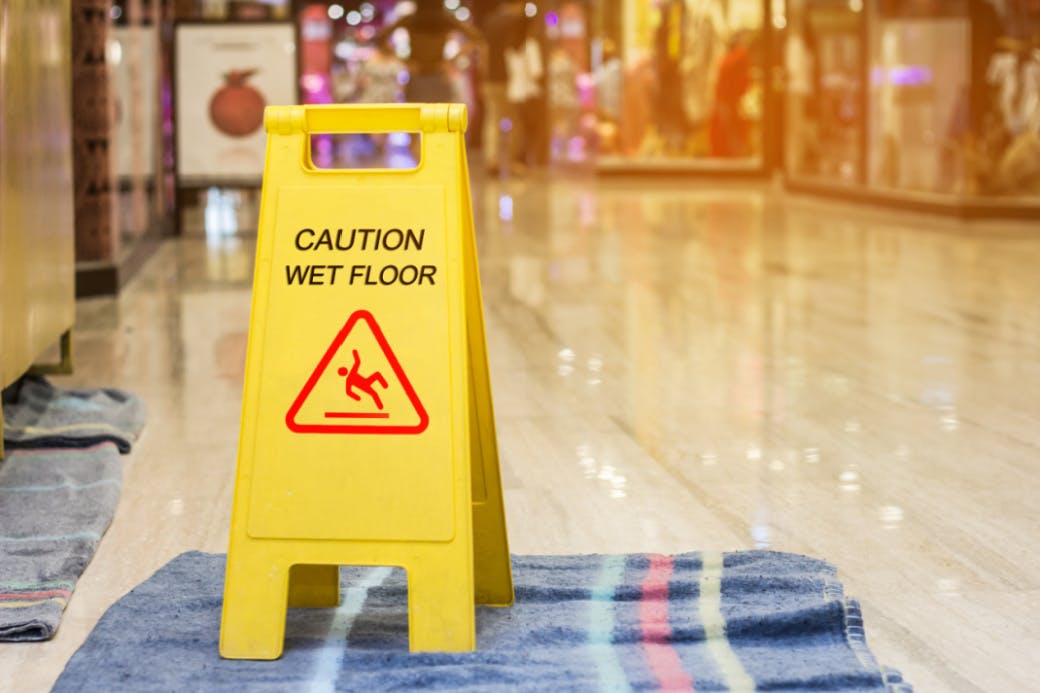5 Reasons Workers’ Compensation Claims Get Denied

In most cases, employees who are injured in Minnesota are entitled to receive workers’ compensation benefits. But sometimes, workers’ comp claims get denied. This can happen for a variety of reasons, some of which are valid—and others less so.
To help you understand your rights better, here are some of the most common reasons workers’ compensation claims are denied.
1. You Aren’t Eligible for Workers’ Comp
Only employees qualify for workers’ compensation. Independent contractors such as self-employed workers, freelancers, and consultants aren’t guaranteed any workers’ compensation benefits. So unless you’re an employee, you shouldn’t be surprised if a workers’ comp claim is denied.
However, there are strict regulations for when businesses have to consider you an employee. If a business is refusing to treat you as an employee when they should, you may have grounds for a legal case.
2. You Waited Too Long

Minnesota law imposes a statute of limitations for how long you can wait before filing a workers’ compensation claim. The amount of time you have can depend on a few factors.
If you report your injury to your employer right away, they have to then file a First Report of Injury with the Minnesota Department of Labor and Industry. Once they’ve done this, you generally have three years after the date of the injury to pursue a workers’ compensation claim.
If your employer fails to file that report, however, you have six years after the date of the injury.
The timeline can also fluctuate based on the details of your injury. For example, if you contracted a chronic disease as a result of being exposed to chemicals in your job, you may have longer.
Regardless, you should always report a work-related injury to your employer as soon as possible. By not doing so, you could reduce your chances of getting a fair workers’ compensation settlement.
Still, even if you didn’t notify your employer right away, don’t give up hope. Consult a personal injury attorney to see if you can still get the compensation you need.
3. The Injury Wasn’t Work-Related

Another common reason that workers’ compensation claims are rejected is because the injury isn’t directly work-related. If you twisted your knee while taking out the trash at home, for example, that’s not going to count as a work-related injury. An injury that happened while you were commuting to or from work also probably won’t qualify.
However, “work-related” doesn’t necessarily mean you were performing your primary duties. It simply means that it happened during the course of your work.
Sometimes, that’s pretty cut and dried. If you were injured by a piece of machinery at your factory job, that’s a clear case of a work-related injury. But even if you weren’t actively working, you may still be entitled to workers’ compensation.
For example, if a grocery store employee slipped on a wet floor on their way to the restroom, they might have a right to compensation. Likewise if a construction worker is taking their break on a job site and an earthmover backs into them. Even a secretary who gets struck by a car while fetching coffee for their boss could have a case.
If you have any doubts about whether an injury is work-related or not, consult a personal injury attorney.
4. The Injury Was the Result of Misconduct

If an injury was the result of wrongdoing or willful negligence on your part, your claim might be denied. Some common examples of this would be injuries caused by:
- Intoxication
- Fighting
- Intentional self-harm
This isn’t to say that the injury can’t be your fault in any way, though. Short of misconduct, fault isn’t a factor in Minnesota workers’ compensation law. Even if the injury happened because you were distracted, inexperienced, or careless, your employer is obligated to compensate you.
5. You Didn’t Provide Enough Evidence

As with any personal injury lawsuit, you’ll need to provide evidence to support your claim. Of course, you will NOT need to prove that you were injured because of your employer’s negligence. But you will need to show that:
- You were injured
- Your injury was work-related
- Your injury resulted in damages such as medical bills, lost income, or pain and suffering
This evidence can come in a few different forms, from documents and records to eyewitness accounts and surveillance camera footage. Regardless, gather as much evidence as you can, and make sure to keep it somewhere safe.
The more proof you have to back up your claims, the more likely your employer is to compensate you. And if it comes to a legal battle, you’ll need to be able to prove your side of the story.
Get the Compensation You Deserve After a Work-Related Injury
f you’ve been injured on the job and your employer has denied your workers’ compensation claim, don’t give up. They may be mistaken or simply trying to avoid paying what they owe you.
After a workers’ compensation claim is denied, you can still file an appeal. You may even be able to get additional compensation through a third-party personal injury lawsuit.
Either way, we can help.
At SiebenCarey, we’ve spent years helping employees get the financial support they need in the aftermath of an injury. Contact us, and our team of veteran workers’ compensation attorneys will review your case, investigate the details, and get to work winning you every dollar you’re owed.










